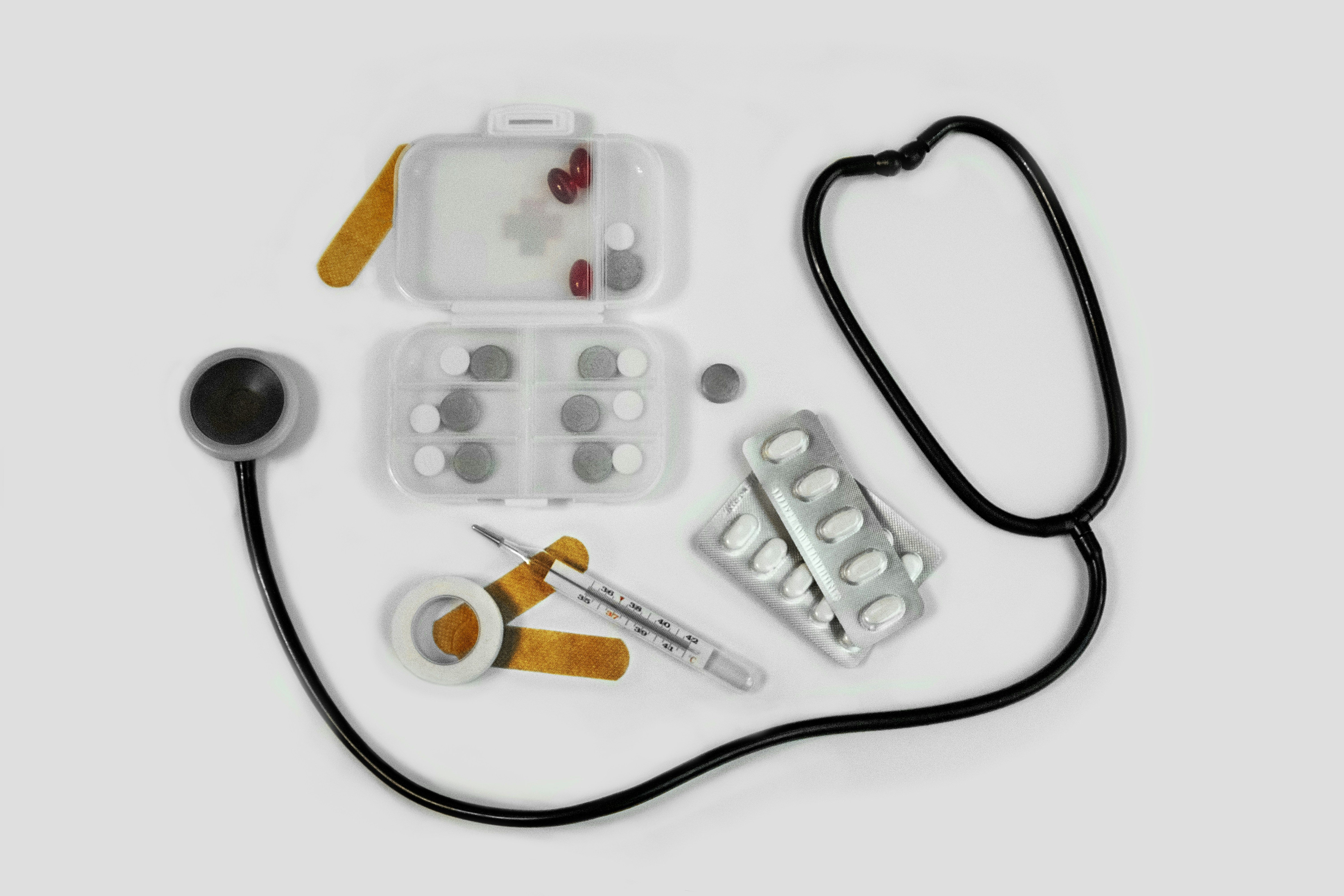Rising stress levels and mental health issues worldwide have highlighted the urgent need for more effective mental health management. In response, a new trend has emerged: online mental health treatment. Virtual consultations with psychologists and psychiatrists are becoming increasingly popular and necessary. The shift from traditional in-person therapy to telehealth services for mental health is not just a trend but a critical evolution, providing accessible and high-quality mental health support to people around the globe.
But first, let’s understand what the therapy process is.
What is Therapy?
Therapy is the treatment plan formed by the collaboration between a client and a therapist. Emotional, psychological, and behavioral distress among individuals can be resolved by a combination of various therapies. Some commonly known therapies that psychologists use are Cognitive Behavioral therapy (CBT), Holistic therapy, Humanistic therapy, etc.
Any person with the help of a licensed psychologist or a psychiatrist can develop a treatment plan in the structured meetings known as therapy sessions. Building an effective treatment plan takes a minimum of 7-8 regular sessions with a licensed therapist.
A survey conducted by Dr. Severe in 2020 during the COVID-19 pandemic revealed that more than 50% of the 200 respondents chose teletherapy and online consultations for their mental health needs. The report also indicated that adults over the age of 44 are more inclined to use telephone-based care. Remarkably, about half of the participants expressed a desire to continue receiving virtual mental health treatment even after the pandemic ends.
According to another study by Singh and Sagar (2022), the possible reason why people chose online psychotherapy sessions during the COVID-19 pandemic was the growing acceptance, accessibility, and affordability of these services. The online platforms matched the standards of an offline mental health provider. Since then, patients have been opting for telehealth services for mental health treatment.
Why is Mental Health Important?
A healthy mind fosters a healthy body, and people worldwide are increasingly recognizing the importance of mental health alongside physical health. Our mental well-being plays a crucial role in determining our overall quality of life. How we think, feel, and act in our daily lives is profoundly influenced by our mental health management.
Poor mental health can lead to various issues that hinder daily functioning, such as insomnia, unhealthy lifestyle choices, and difficulties in forming and maintaining relationships. Therefore, prioritizing mental health is one of the most effective ways to improve your entire quality of life.
Causal Factors of Mental Illnesses
Researchers have identified four major areas that significantly contribute to the development of mental illnesses. Let's explore each of these areas briefly:
- Biological factors
Genetic predisposition, traumatic brain injury, prenatal damage, substance abuse, and certain neurological defects in the brain may cause neurological disorders and mood disorders.
- Environmental factors
Stressors such as dysfunctional families, changing schools and jobs repeatedly, the death of a close one, divorce, and social or cultural expectations may cause serious mental disorders.
- Psychological factors
Some psychological factors that may trigger mental health issues include severe psychological trauma experienced during childhood, emotional, physical, or sexual abuse, childhood neglect, and the early loss of a parent.
- Socioeconomic factors
Socioeconomic factors that contribute to mental disorders are debt, poor or unstable living conditions, lack of education, unemployment, low income, etc.
Some of the common mental illnesses
- Depression and Anxiety
You’ve likely heard people say, “I am depressed” or “I am anxious.” Anxiety can manifest as nervousness, tension, or panic attacks. Conversely, depression often involves a loss of motivation to perform daily tasks and is characterized by persistent sadness, emptiness, irritability, guilt, or feelings of low self-worth.
- Substance Use Disorder
Did you know that alcohol abuse is the most common type of substance abuse among young adults? It accounts for 5.3 percent of deaths globally. Individuals with poor mental health often turn to various drugs and substances to cope with stress. Unfortunately, repetitive use to manage unsettled feelings can lead to addiction.
- Obsessive-compulsive disorder (OCD)
OCD is commonly characterized by a pattern of unwanted thoughts and worries known as obsessions. These obsessions cause you to engage in repetitive actions, also known as compulsions. These obsessions and compulsions can severely disrupt daily tasks and cause significant suffering.
- Post Traumatic Stress Disorder (PTSD)
PTSD is a disorder in which people experience persistent mental and emotional stress triggered by a traumatic event that has occurred in the past. Nightmares, flashbacks, and severe anxious thoughts are some of its common symptoms. These thoughts can become uncontrollable and may sometimes trigger panic attacks.
Easy ways to cope with daily life stress
- Regular physical activity or exercise
- Consuming a healthy, balanced diet
- Setting achievable goals
- Engaging in hobbies
- Cultivating healthy relationships
- Practicing mindfulness
- Listening to music
- Taking walks
Telehealth Services for Mental Health
Telehealth services for mental health include using mobile phones and telephones for receiving mental health care at home. A study done by Ryan K. McBain, et al (2023), suggests that telehealth services can be beneficial for people with anxiety, and depression. These services are known to help people access reliable, professional, and affordable online treatments from the comforts of their homes.
As the demand for virtual mental health care services has grown, clinicians are choosing mobile phone and videoconferencing technologies to deliver treatment, conduct examinations, design interventions, and prescribe medication to people wherever they are.
- Benefits of virtual mental health treatment
- Affordable
- Convenient
- Time-saving
- More comfortable
- Accessible to people with physical limitations
Online Mental Health Treatment with 24HrDoc
At 24HrDoc, we understand the importance of delivering professional and trusted healthcare to our patients. Our team includes specialized and licensed mental health providers dedicated to offering exceptional services.
All you need to do is follow the steps to avail online treatment for mental health by 24HrDoc
- Fill out the consultation form
- Chat with the psychiatrist online
- Get your prescription from the nearby pharmacy
Take one step closer to a fulfilling life, contact 24HrDoc today!




